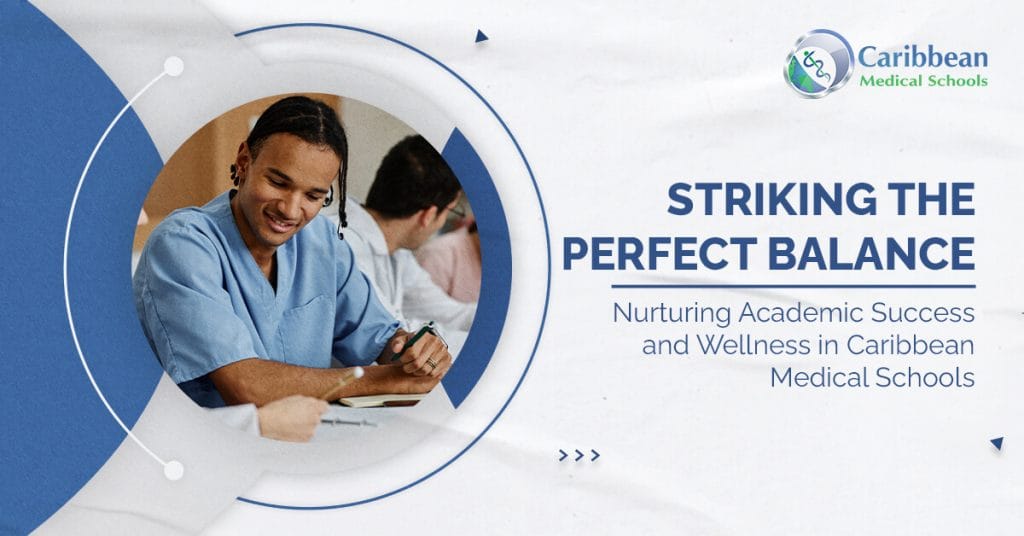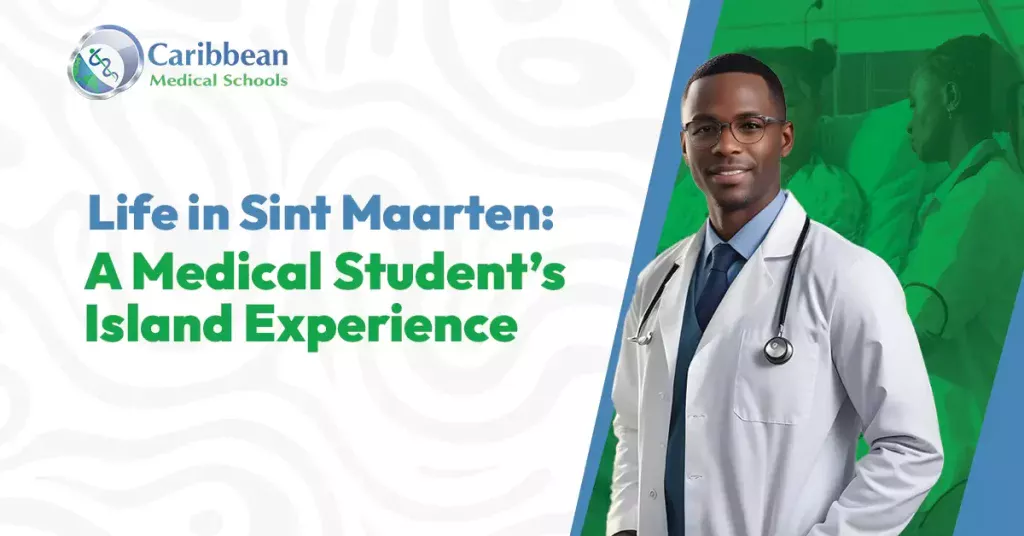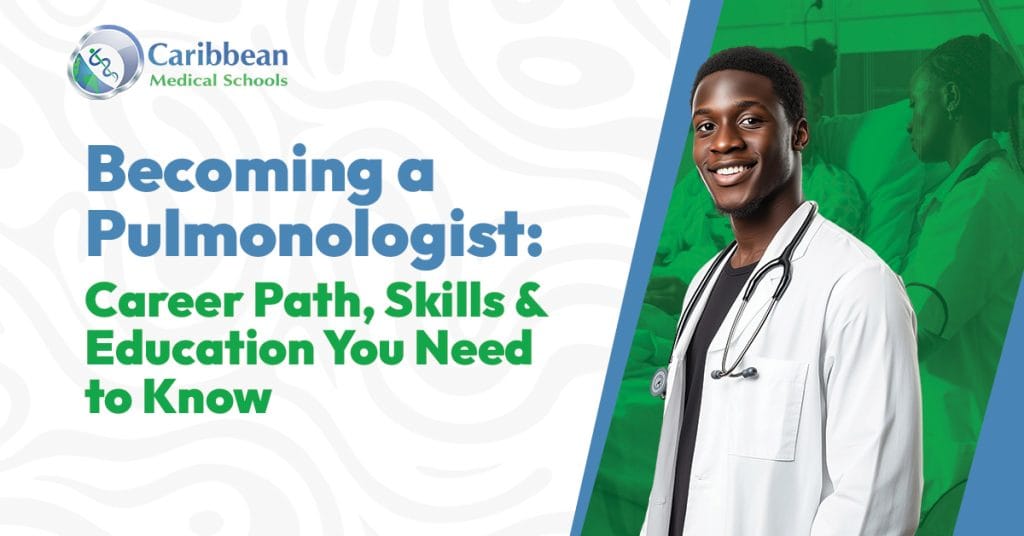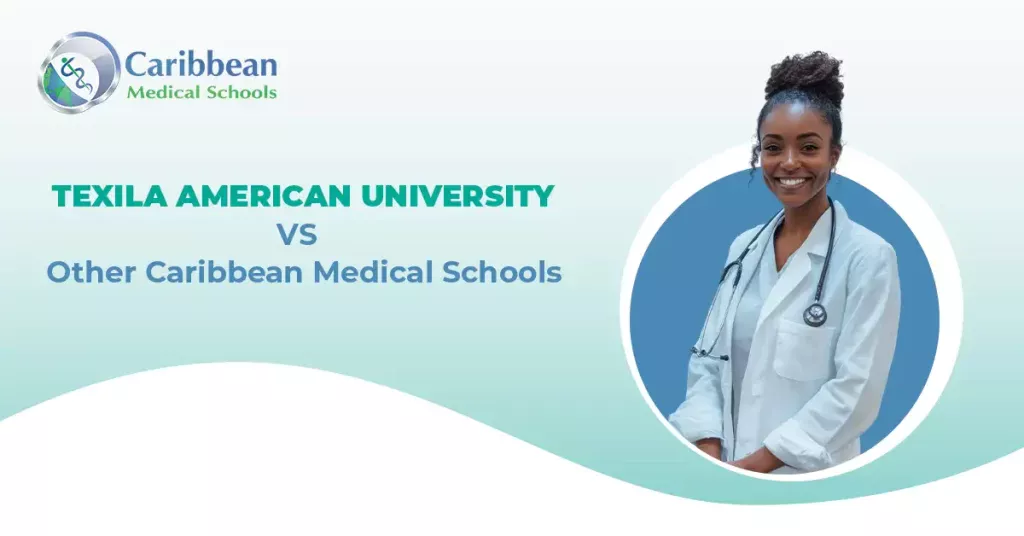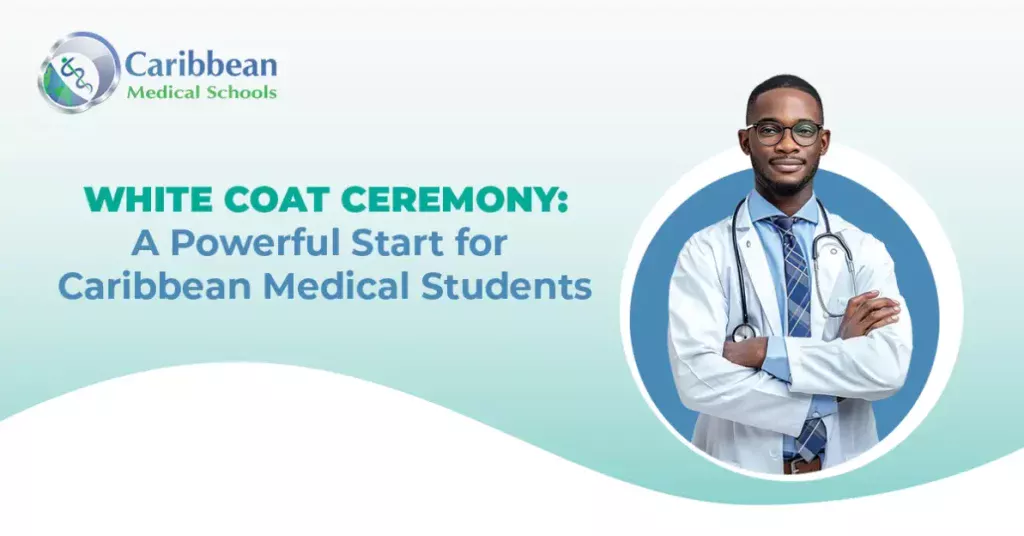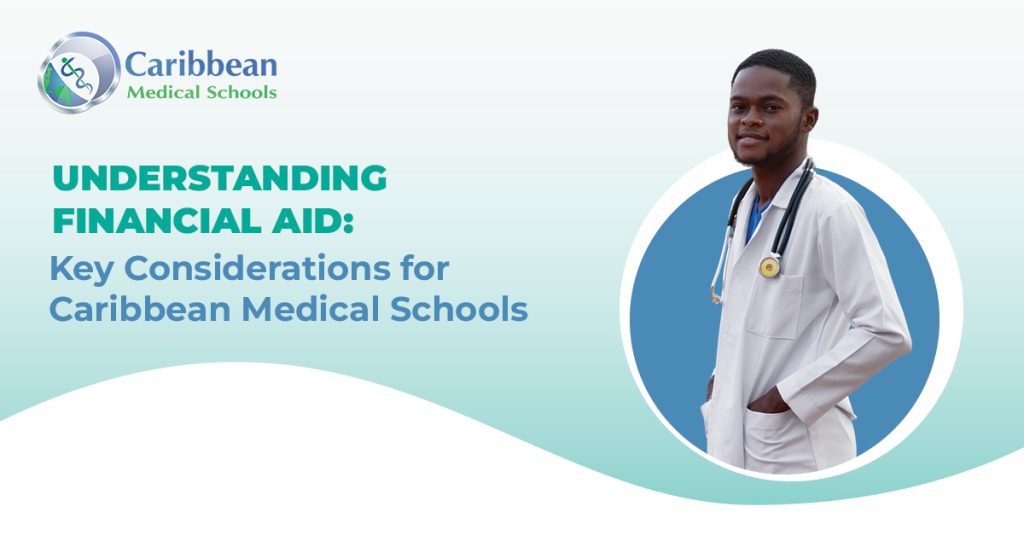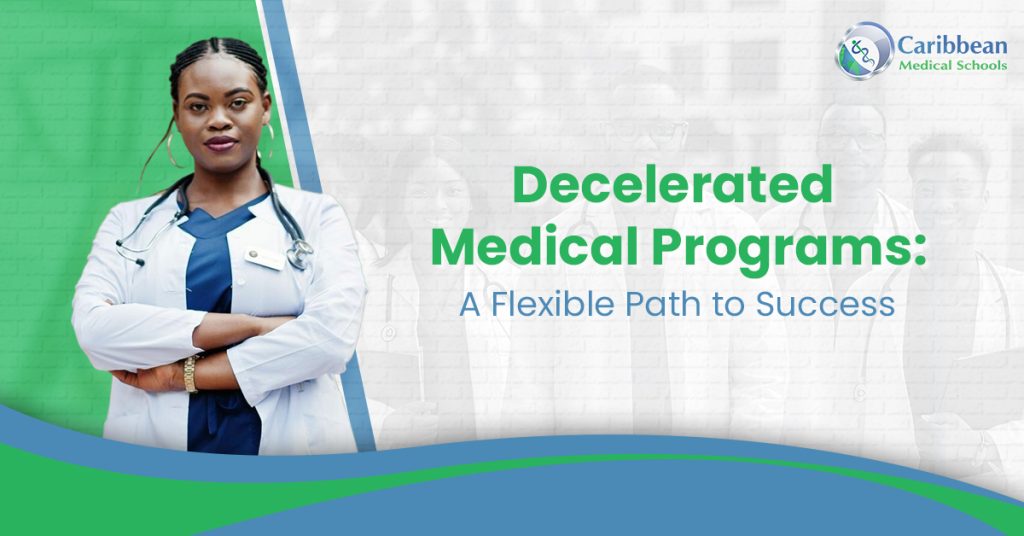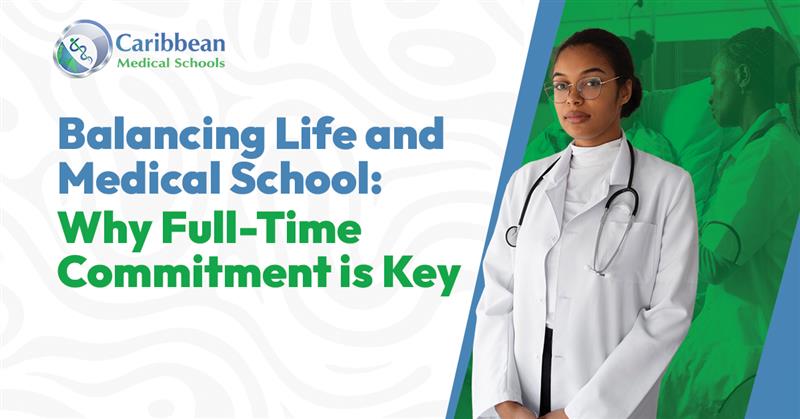Blog Summary
Nurturing Academic Success and Wellness in Caribbean Medical Schools explores the importance of creating a supportive environment that promotes academic achievement and student well-being. This article discusses critical strategies such as holistic education, communication skills development, cultural competence training, and mentorship programs. It emphasizes the need to address burnout, advocate for mental health, and prepare students for successful medical careers. By striking this balance, Caribbean medical schools shape the future of healthcare professionals who excel academically and prioritize their wellness.
- The Importance of Academic Success in Medical Education
- The Significance of Wellness in Medical Education
- Creating a Supportive Environment for Students
- Balancing Academic Demands and Personal Well-being
- Strategies for Time Management and Productivity
- Stress Management Techniques for Medical Students
- Developing Resilience and Coping Skills
- Promoting Mental Health and Emotional Well-being
- The Role of Faculty and Administration in Supporting Student Success
- Leveraging Technology for Academic and Personal Growth
- Building Strong Peer Support Networks
- Fostering a Sense of Community and Belonging
- Enhancing Communication and Interpersonal Skills
- Exploring Cultural Competence in Medical Education
- Embracing Diversity and Inclusion in Medical Schools
- Preparing for Success Beyond Medical School
- Conclusion
- FAQs
In recent years, Caribbean medical schools have gained recognition as popular destinations for aspiring doctors. These institutions offer excellent academic programs, diverse student populations, and unique cultural experiences. However, with the rigorous demands of medical education, balancing academic success and personal well-being is crucial. This article explores the importance of nurturing academic success and wellness in Best Caribbean medical schools, providing insights and strategies for students to thrive in this challenging environment.
The Importance of Academic Success in Medical Education
Academic success forms the foundation of medical education. It equips students with the knowledge, skills, and competencies necessary to become proficient healthcare professionals. Achieving academic excellence in Caribbean medical schools opens doors to diverse career opportunities. It prepares students for the challenges they will encounter in their medical careers.
The Significance of Wellness in Medical Education
While academic success is crucial, wellness holds equal importance in medical education. Medical students often face high stress levels, burnout, and mental health challenges due to the demanding nature of their studies. Prioritizing wellness helps students maintain their physical and psychological well-being, enhancing their ability to cope with academic pressures and thrive in their medical careers.
Creating a Supportive Environment for Students
Caribbean medical schools create a supportive environment that fosters academic success and wellness. It involves establishing clear communication channels, providing accessible resources, and promoting a culture of care and empathy. By nurturing an inclusive and supportive community, students can feel empowered to seek help, engage in self-care practices, and confidently pursue their academic goals.
Balancing Academic Demands and Personal Well-being
Striking a balance between academic demands and personal well-being is essential for students’ overall success. Top Caribbean Medical Schools encourage students to prioritize self-care activities such as exercise, proper nutrition, adequate sleep, and leisure time. By fostering a healthy work-life balance, students can prevent burnout, enhance their focus and productivity, and maintain their overall well-being.

Strategies for Time Management and Productivity
Effective time management is a skill for medical students. Caribbean medical schools guide students on managing their time efficiently, setting realistic goals, and prioritizing tasks. Implementing tools and techniques such as creating schedules, utilizing digital productivity apps, and adopting effective study strategies can help students optimize their time and achieve their academic objectives.
Stress Management Techniques for Medical Students
Stress management plays a vital role in nurturing academic success and wellness. Caribbean medical schools should equip students with stress management techniques, including mindfulness exercises, deep breathing techniques, and relaxation practices. These strategies can help students alleviate stress, improve focus, and maintain a positive mindset amidst the challenges of medical education.
Developing Resilience and Coping Skills
Resilience and coping skills are indispensable for students navigating the rigorous medical education journey. Caribbean medical schools incorporate resilience-building programs that help students develop the ability to bounce back from setbacks, adapt to new situations, and thrive in the face of challenges. Cultivating effective coping mechanisms empowers students to maintain their well-being and continue their academic journey with determination.
Promoting Mental Health and Emotional Well-being
Mental health and emotional well-being are crucial aspects of students’ overall wellness. Caribbean medical schools prioritize mental health initiatives, including awareness campaigns, counseling services, and access to mental health professionals. Creating a safe and supportive environment that destigmatizes mental health challenges and encourages help-seeking behavior is vital for students’ academic success and personal growth.
The Role of Faculty and Administration in Supporting Student Success
Faculty and administration are pivotal in nurturing academic success and wellness in Caribbean medical schools. They cultivate an inclusive and supportive learning environment, provide mentorship and guidance, and foster open lines of communication with students. Faculty members should be trained to identify signs of distress or burnout and actively promote well-being initiatives within the institution.
Leveraging Technology for Academic and Personal Growth
In today’s digital age, technology can be a powerful tool for supporting academic and personal growth. Caribbean medical schools harness the potential of educational technology platforms, virtual learning resources, and telemedicine applications to enhance students’ learning experiences. By integrating technology effectively, institutions broaden access to educational materials, facilitate remote learning opportunities, and promote connectivity among students and faculty.
Building Strong Peer Support Networks
Peer support networks are invaluable for students in Caribbean medical schools. These networks foster a sense of camaraderie, provide opportunities for collaboration and mentorship, and serve as a source of emotional support. Encouraging the formation of study groups, student organizations, and mentorship programs enhance students’ academic success and well-being.
Fostering a Sense of Community and Belonging
Creating a sense of community and belonging is essential for students’ well-being. Caribbean medical schools organize social and cultural events, mentorship programs, and community outreach activities to foster a supportive and inclusive environment. By celebrating diversity, promoting inclusivity, and encouraging meaningful connections, institutions contribute to students’ sense of belonging and connectedness.
Enhancing Communication and Interpersonal Skills
Effective communication and interpersonal skills are vital for success in medical careers. Caribbean medical schools prioritize the development of these skills through interactive workshops, role-playing exercises, and patient communication training. By equipping students with strong communication abilities, institutions empower them to build therapeutic relationships with patients, collaborate effectively with colleagues, and navigate challenging healthcare scenarios.
Exploring Cultural Competence in Medical Education
Cultural competence is an essential skill for healthcare professionals in diverse settings. Caribbean medical schools integrate cultural competence training into the curriculum, promoting awareness, respect, and understanding of diverse cultural backgrounds. By fostering cultural competence, institutions prepare students to provide patient-centered care and navigate the complexities of a multicultural healthcare landscape.
Embracing Diversity and Inclusion in Medical Schools
Diversity and inclusion are fundamental principles that enrich medical education. Top Ranked Medical Schools in the Caribbean should actively recruit students from diverse backgrounds and create an inclusive learning environment that celebrates differences. By embracing diversity, institutions foster cultural exchange, broaden perspectives, and prepare students to serve diverse patient populations effectively.
Preparing for Success Beyond Medical School
Caribbean medical schools equip students with the necessary skills and resources to thrive beyond their educational journey. It includes providing career counseling, facilitating residency placements, and offering professional development opportunities. By preparing students for success in their medical careers, institutions contribute to their long-term academic success and well-being.
Conclusion
Striking the perfect balance between academic success and personal well-being is essential for students in Caribbean medical schools. Caribbean Medical Schools creates a supportive learning environment, promoting mental health and wellness initiatives, emphasizing work-life balance, and fostering a sense of community; these institutions empower students to thrive academically while prioritizing their overall well-being. Nurturing academic success and wellness ensures that future doctors are well-equipped to provide quality patient care.

